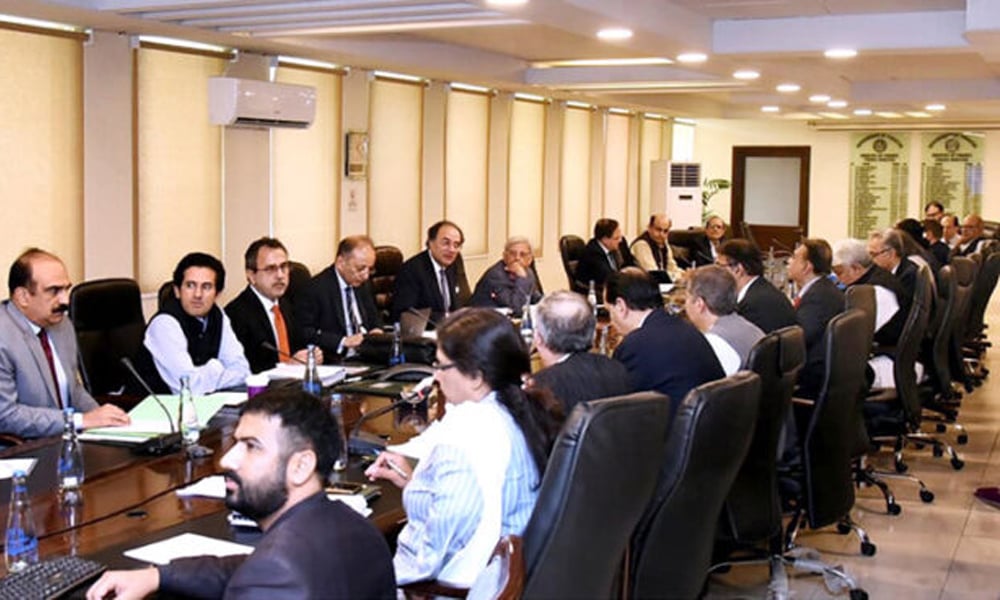The Cabinet Committee on State-Owned Enterprises (CCoSOEs) has approved the re-merger of the National Security Printing Company (NSPC) with the Pakistan Security Printing Corporation (PSPC). The decision, taken during a meeting presided over by Finance Minister Muhammad Aurangzeb on Monday, also directed the Ministry of Finance and the State Bank of Pakistan (SBP) to complete the necessary formalities and present an implementation plan before the Committee.
The committee reviewed summaries presented by the Finance Division regarding the categorization of various state-owned enterprises (SOEs). These enterprises were classified as either strategic/essential or otherwise, which is a critical step in streamlining the management and operational efficiency of these entities.
One of the key decisions made was the exemption of the National Bank of Pakistan (NBP) from the State-Owned Enterprises Act, 2003, due to its inclusion in the Sovereign Welfare Fund. As a result, NBP will not require categorization under this act. Conversely, the Export-Import Bank of Pakistan (EXIM Bank) was categorized as an Essential SOE, emphasizing its importance in the country’s economic infrastructure.
The meeting was attended by several notable figures, including Minister for Housing and Works Mian Riaz Hussain Pirzada, Minister for Maritime Affairs Qaiser Ahmed Sheikh, and Minister for Economic Affairs Ahad Khan Cheema. Additionally, the governor of the SBP, the chairman of the Securities and Exchange Commission of Pakistan (SECP), and other senior officers from relevant ministries were present.
The approval of the NSPC-PSPC re-merger marks a significant move towards enhancing the efficiency and effectiveness of state-owned enterprises in Pakistan. The Ministry of Finance and the SBP have been tasked with completing the formalities of the re-merger and presenting a detailed implementation plan to the CCoSOEs. This step is expected to streamline operations, reduce redundancies, and enhance the overall performance of these entities.
The categorization of SOEs as strategic or essential plays a crucial role in determining the level of government oversight and support each enterprise requires. Strategic SOEs are typically involved in critical sectors such as defense, energy, and infrastructure, which are vital for national security and economic stability. Essential SOEs, on the other hand, provide indispensable services that support the broader economy and public welfare.
The exemption of the National Bank of Pakistan from the SOE Act, 2003, highlights its unique role within the Sovereign Welfare Fund. This exemption allows NBP to operate with a degree of autonomy, facilitating its ability to meet the specific needs of the fund and contribute effectively to national financial stability.
Categorizing the EXIM Bank as an Essential SOE underscores its importance in supporting Pakistan’s trade and export activities. The EXIM Bank plays a pivotal role in providing financial assistance to exporters, thereby boosting the country’s trade competitiveness and economic growth. Recognizing it as an essential entity ensures that it receives the necessary support and resources to fulfill its mandate.
The decisions made during the CCoSOEs meeting reflect the government’s commitment to improving the governance and performance of state-owned enterprises. By categorizing SOEs based on their strategic and essential importance, the government aims to allocate resources more efficiently, reduce financial losses, and enhance the overall contribution of these enterprises to the national economy.




